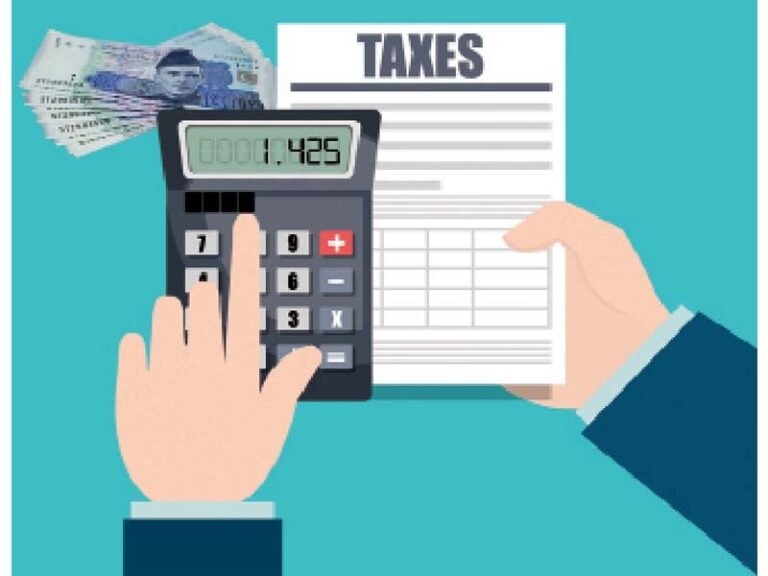ISLAMABAD:
The federal budget for fiscal year 2025-26 has proposed a significant expansion of the Federal Board of Revenue (FBR) powers, including introducing strict enforcement measures aimed at tightening the tax regime and curbing financial irregularities.
According to official sources, the FBR has been granted powers akin to those of a station house officer (SHO), enabling it to conduct inspections of chartered accountancy and audit firms involved in preparing income tax returns if discrepancies are suspected in taxpayers’ declarations.
This will give FBR officers the ability to directly oversee these firms to ensure compliance with tax laws.
Those intending to purchase vehicles or immovable property will be required to prove that the declared value of the asset is within 130% of their income as declared in the previous year’s tax return.
Buyers will be required to submit a formal application to the FBR confirming the availability of funds — either in their own name or that of their spouses or children — and that these were duly declared in their wealth statements.
The proposed legislation also authorises the FBR to share taxpayers’ data with commercial banks, enabling them to cross-check deposit and investment activity with declared income.
In cases where financial transactions do not reconcile with tax returns, banks will be obligated to report such customers to the FBR, which will be empowered to initiate enforcement action.
Moreover, the FBR will now have the authority to close unregistered bank accounts.
Previously, it could only freeze accounts for tax recovery purposes. Under the new law, operating an unregistered bank account will not be permitted, and banks will be required to comply with FBR directives in this regard.
The proposed amendments to Section 58C of the Income Tax Ordinance further empower the FBR to access offices of tax advisers and firms responsible for filing returns where discrepancies are suspected.
The intent is to verify the basis on which financial records and returns have been prepared.
The definition of sales tax fraud has also been expanded. Under the proposed changes, any person or entity found aiding or abetting in tax fraud will be subject to legal prosecution.
The bill also proposes that the FBR be granted the authority to physically monitor the movement of goods, including sugar and other commodities, through an enhanced cargo tracking system. This will ensure that commodities like sugar are being tracked accurately and are in compliance with tax regulations.
In a move likely to impact online shoppers, the Finance Bill seeks to impose an 18% sales tax on all e-commerce transactions.
Payment collection entities — such as courier companies and banks processing credit and debit card payments — will be designated as withholding agents, responsible for collecting and depositing the tax at the time of delivery. This will significantly increase the cost of online shopping for consumers.
The Finance Bill also mandates digital and social media platforms, including YouTube, Facebook, TikTok, Instagram, X, and freelancing sites, to submit advertising revenue details to the FBR every quarter.
Platforms that fail to comply will face strict action, including blocking of transfer of money through the State Bank of Pakistan (SBP).

